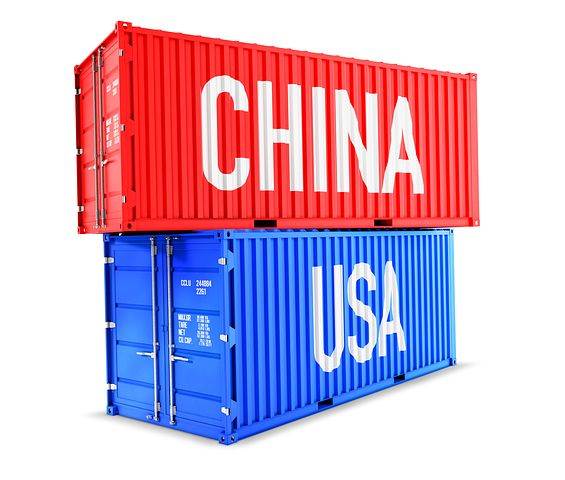 Yesterday’s reports of steps towards decoupling between China and the United States were based on measurable steps that China has taken to distance itself from the U.S. economically. And while these steps are certainly not secret, some analysts are commenting that the path towards decoupling two of the world’s most powerful economies aren’t as aggressive as some would like to believe.
Yesterday’s reports of steps towards decoupling between China and the United States were based on measurable steps that China has taken to distance itself from the U.S. economically. And while these steps are certainly not secret, some analysts are commenting that the path towards decoupling two of the world’s most powerful economies aren’t as aggressive as some would like to believe.
According to reports from CNBC, Microsoft Greater China CEO Alan Crozier remains committed to pursuing opportunities in the Chinese market. Other analysts highlight the continued Chinese IPOs in America as a sign that Chinese businesses haven’t yet run away from the U.S. In fact, nearly three dozen Chinese companies are on course for IPOs in the U.S. this year. On the flip side, Beijing has also taken several steps towards accommodating U.S. businesses in China. Chinese CEOs have long spoken about their desire to collaborate with U.S. companies and to share technologies that could lead to global advances. However, U.S. companies, under the leadership of President Trump, are often thwarted from pursuing such collaborations, on the grounds that China’s technology is a threat to U.S. security. One such example is the case of Huawei, China’s telecommunications giant, which has been alternatively banned and admitted into the U.S. market in recent months.
Trade Talks Slow
Only a few weeks ago analysts were predicting the confirmation of “phase 1” of the U.S.-Sino trade deal by the end of November. Those expectations have not only faded, they’ve been obliterated. At the moment, the most optimistic prediction would be for a deal by the holiday season at the end of December. Reports by Reuters indicate that many analysts question whether a deal will be struck at all.
According to CNBC, Chinese government sources have commented that President Trump has not agreed to roll back tariffs, a sticking point for China in the trade negotiations. The next round of U.S. tariffs on Chinese goods is set to be implemented on December 15.
Market Movements
Currency market movements were fairly modest in the mid afternoon in Asia, with the Reserve Bank of Australia’s surprisingly dovish comments today being the primary market mover. The Australian dollar sunk 0.10 percent against the greenback as of 2:37 p.m. HK/SIN. The dollar was trading lower against its other primary trading partners. The greenback slumped 0.05 percent against the yen to trade at 108.60. The British pound, continuing to strengthen on expectations for an electoral victory next month, was up 0.09 percent against the dollar to trade at $1.2964. The euro was up 0.07 percent against the dollar to $1.1078.
On the stock markets, Asian benchmarks were mixed after another day of positive closes for all Wall Street benchmarks. South Korea’s Kopsi was down 0.46 percent and Japan’s Nikkei 225 was 0.53 percent lower in the mid afternoon in Asia, while China’s benchmarks were both trading higher. Hong Kong’s Hang Seng Index was up 1.20 percent despite the lingering tensions in the region that have plagued the index in recent months.
